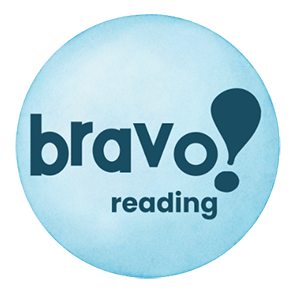How To Sound Out Words Quick As A Wink!
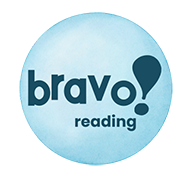
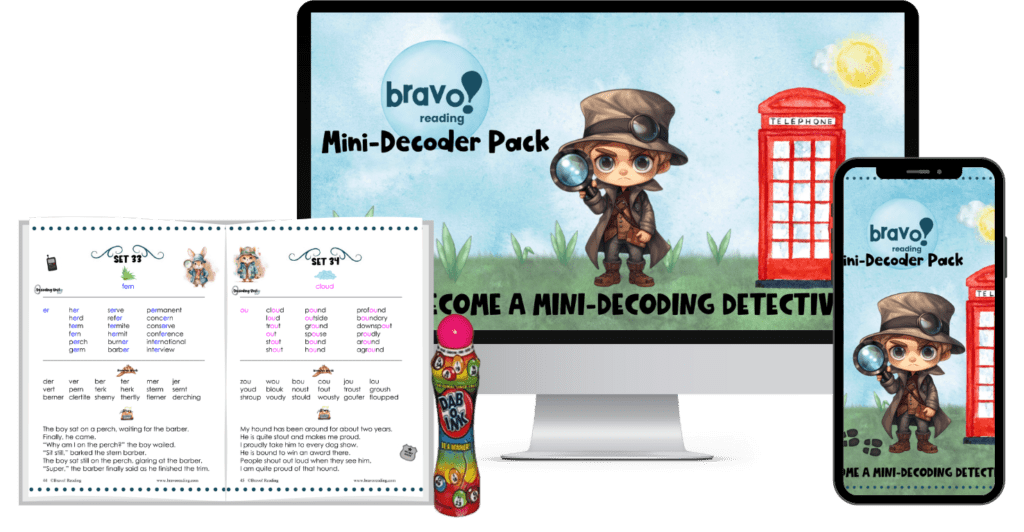
How to sound out words.
Everybody’s doing it. Every time they read.
It’s simple enough.
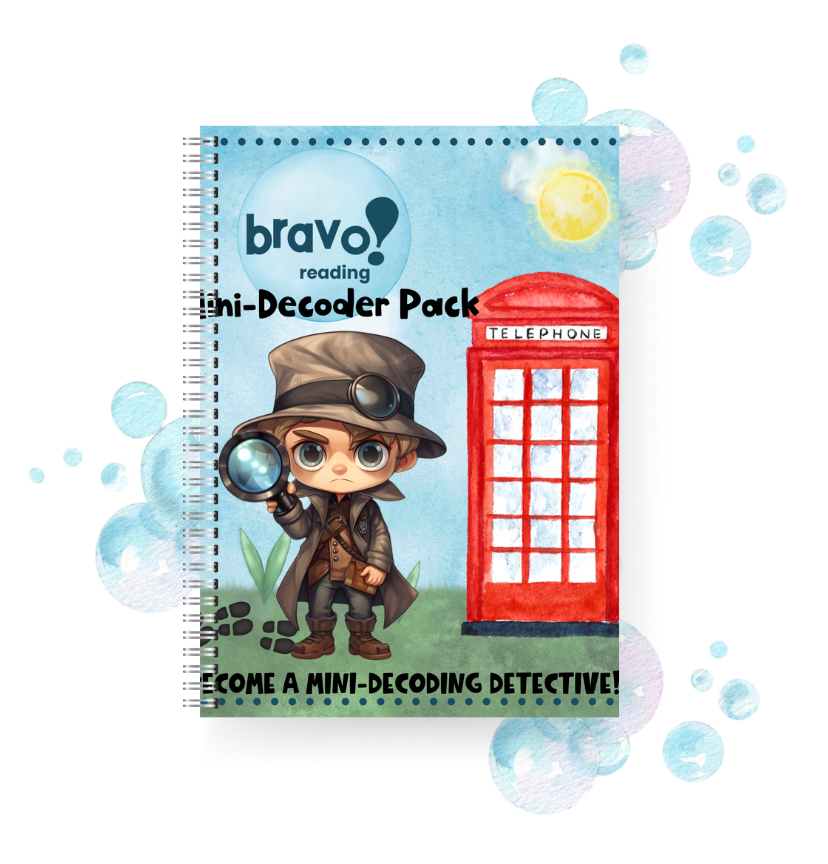
Or at least you’d think so.
But not if you have dyslexia.
And let’s get this straight. Twenty percent of the population struggles with dyslexia. This, in turn means that twenty percent of the population struggles with how to sound out words.
And if you can’t sound out words, reading is absolutely terrifying.
Can you imagine what it feels like when your teacher asks you to read a sentence…or even a word…out loud in front of the class? And you have no idea how to sound out the word or words?
That the letters jumble all together, spill into each other, and wiggle. Sometimes they look one way. Another time, they’re different.
How To Read Quickly When The Letters Are Jumbling…

And yet, you’re supposed to read quickly. Easily. With speed and grace and even joy.
Taking wild guesses at words becomes the norm instead of sounding each letter out.
If your child has dyslexia or struggles to read, you know how hard it is. You know the terror of it, the panic and fear associated with reading. Fluency, the ability to read fluidly with expression, is poor as well. And comprehension goes by the wayside.
Reading is simply too hard.
But it’s easy to show your child how to sound out words with the free Bravo! Mini-Decoder Pack.
When your child’s decoding skills are weak, strategies to sound out words are weak, too. Or missing altogethder. Your child ends up guessing at words out of desperation.
Other bad reading habits join in – like memorizing words or using trial and error reading instead of using sound strategies. Comprehension skills are weak as well, because your child is working too hard to read. It leaves little energy to focus on the meaning of words being read.
How Knowing How To Sound Out Words Is The Reading Difference
Decoding is the ability to translate print into speech by rapidly matching a letter or combination of letters (graphemes) to their sounds (phonemes.

From there, the reader recognizes the patterns that make syllables and wordds. In a simpler definition, it’s your child’s ability to sound out words.
For most kids, decoding comes naturally and reading skills fall into place. But if your child has dyslexia, then decoding is a chore. The problem is that your child doesn’t learn like other children.
That doesn’t mean your child isn’t smart! One of the symptoms of dyslexia is average or above average intelligence.
Making Your Child Fail: How Traditional Methods Hurt
What it does mean is that your child needs a new and different way to learn to decode words and translate them into speech.

Learning to decode with ease is crucially important to your child’s reading and academic success. If your child has weak decoding skills, then reading is inconsistent. There aren’t enough strategies to sound out words so your child ends up guessing. Guessing at words instead of decoding them is just a bad habit.
But bad habits can be broken with a multi-sensory chunking program that uses movement to set in phonemic awareness.
Traditional reading programs fail to address the proper teaching of decoding in a way that kids with dyslexia can understand.


Turn Your Child Into A Reading Shark Now!
Did you know that twenty-percent of children have dyslexia? That’s a lot of kids in our schools who aren’t getting help! The problem isn’t that they don’t need it.

The problem is that kids with dyslexia are often too smart to qualify for special services. Even if they do receive an (IEP) Individualized Education Plan, the help isn’t usually targeted at helping sensory deficits from having dyslexia.
Instead, the curriculum is watered down. Even worse, kids usually have to be behind at least two grade levels in order to receive help. If you have a child with dyslexia, that equates to two long years of learning bad reading and decoding habits out of sheer desperation!
To decode with ease, there must be automaticity. This means that your child can read the letters and transfer them into words without conscious effort. Activities like driving a car or riding a bike are also dependent on automaticity for success.
If your child lacks automaticity while decoding, then each letter being read is like a standalone. Your child sees it but has a hard time blending it or chunking it together with the other letters to form a syllable. When the word has two or more syllables, chaos ensues!
Why Kids Panic When They Sound Out Words
When your child goes to decode a new or unfamiliar word, panic often sets in. Instead of looking at the first “chunk” of the word (usually the syllable or a phonemic unit), your child looks at the entire word.
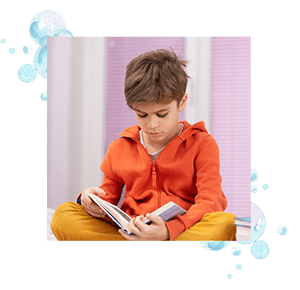
It seems too long, too difficult to sound out letter by letter. Sometimes the letters are reversed – moving or slanted – on top of everything else.
Out of desperation, your child throws out a wild guess. Sometimes it’s the right word, and the relief is palpable. But most of the time, the word is guessed wrong. You or the teacher stop to correct your child, which slows down the flow of reading and learning.
And the vicious cycle continues. With poorer and poorer reading fluency and comprehension scores.
Teaching How To Sound Out Words: It’s Not Hard
Kids with dyslexia can be taught to decode. It’s just that traditional methods don’t work for them.

They learn differently than other children, so they need a different approach to learning how to decode. If your child has dyslexia, decoding isn’t a natural process.
Kids with dyslexia learn best by doing, not by seeing or hearing. That’s because they are hands-on or tactile learners. Most are this way because visual and auditory processing skills are weak or compromised. Yet, traditional and most reading programs geared toward dyslexia, fail to provide enough movement and multi-sensory activities for the dyslexic child.
Traditional reading programs also fail to spend enough time on the lower level skills of decoding. For instance, a child with dyslexia has a difficult time blending letters together. Typically, reading programs don’t spend enough time allowing dyslexic learners enough practice time with two-letter words.
Build A Strong Decoding Foundation with the Bravo! Beginner
In order to build a strong decoding foundation, kids with dyslexia need letter sound automaticity. This means that all letter sounds, including long and short vowel sounds, are known automatically.

If your child has to stop and think about letter sounds, then the process of decoding takes too long.
If your child struggles with letter sounds or if reading fluency is poor, the Bravo! Beginner starts building the reading and decoding foundation with letter sounds.
The Bravo! Beginner is a fun, quick, easy to use program that uses movement and brain-based learning to help kids with dyslexia learn letter sounds. After your child learns letter sounds, you can jump into the Bravo! Mini-Decoder Pack or dive into the Bravo! Reading Program, which takes the same approach to teaching your child to sound out words through movement and multisensory actions.
Two Things To Help Your Child Sound Out Words
Kids with dyslexia usually do fairly well sounding out one syllable words. It’s when two or more syllables come into play that they fall apart. They panic, get confused, feel overwhelmed, and quit decoding. They guess, try to memorize words, or randomly apply spelling and reading rules to the word in hopes that it will magically be read correctly.

Research tells us that kids with dyslexia do best with a decoding program rich with phonemic awareness activities done in a multi-sensory fashion. Phonemic awareness is the ability to recognize and use small units of sound that are spoken parts of words. This includes syllables, initial letter sounds, and phonemes.
Phonemes are those little units of sound that our language is based upon. Examples of phoneme are “ex”, “im”, “ad”, “op”, and “ug”. There are forty-four phonemes that make up our language. Words are built by adding onto these basic phonemes.
One Small Change To Sound Out Words Is All It Takes
It’s important for kids with dyslexia to have a firm understanding of phonemes if reading skills are to be strong. Remember how kids with dyslexia struggle after one syllable in a word is decoded?

If they have strong phonemic awareness abilities, these kids notice that the second syllable is likely one of their familiar phonemes. It’s not as scary.
But these phonemes must be taught in a way the dyslexic learner understands and assimilates. If your child has dyslexia, phonemes need to be learned through movement along with a multi-sensory approach. Movement is crucial, as this is how your child learns best!
Kids with dyslexia learn by doing, not seeing or hearing. But traditional reading programs teach through seeing and hearing methods. Through phonics, flashcards, and “drill and kill” methods. These don’t work for your child.
Your child needs to move while mastering phonemes in order for decoding skills to stick. In addition, a multi-sensory approach is needed. This means that three modes of learning are used – vision, hearing, and kinetic.

When your child learns phonemes with all three senses involved, then it’s easier to learn.
Skills sink in.
With this winning combination, decoding phonemes is finally a natural process for your child. That’s because this is how kids with dyslexia learn.
When your child’s “learning language” is spoken, your child is more than happy to respond!
How Bad Reading Habits Foul Up The Works
If your child has dyslexia, then most likely both fluency and comprehension scores are low. This is because decoding words is difficult, a chore.
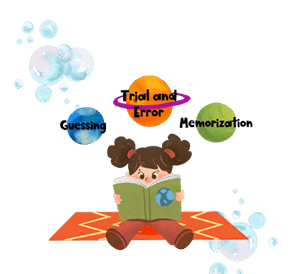
Stammering, stuttering, and tripping over words is the norm. Sometimes, it’s even painful to listen to your child read!
Kids with dyslexia want to decode words, and usually start out strong. It’s not until they get to that second or third syllable of a word that problems usually crop up. They resort to using bad habits.
There are three main bad habits kids resort to when trying to decode words. They are called the Three Pillars of Poor Reading.
The Worst Of The Worst: Guessing At Words
The first Pillar of Poor Reading is the most common one. This is when your child resorts to guessing at words instead of sounding them out.

Kids use guessing at words when decoding strategies are weak or missing.
Your child starts to sound out a word. But automaticity isn’t present. The word isn’t able to be split into smaller chunks. Blending letters isn’t a natural process. And those letters are everywhere! Out of desperation, your child guesses at words.
Sometimes, the guess is correct. Most of the time, these wild guesses are wrong. Fluency and comprehension scores suffer.

Fill out the form below to get your free copy of the Bravo! Mini-Decoder Pack.

A Bad Combo: Memorization And Sounding Out Words
The second Pillar of Poor Reading is the memorization of words. Once again, kids with dyslexia do this when decoding strategies are weak or missing. They struggle to decode words, and it’s difficult, so they try to memorize every word.
It seems like a good idea in theory. But since there are over one million words in our language, then it’s too cumbersome of a process.

The final Pillar of Poor Reading is trial and error reading. This is where your child randomly applies reading and spelling rules to words. Once again, this sounds like a strategy that might work, but it’s a slippery slope your child stumbles down while reading.
Sometimes, your child guesses correctly, and this is the problem. If your child can’t connect the rule, the reason for the decoding success, it can’t be repeated. Consequently, more trial and error reading occurs because of that one small success.
This is how bad reading and decoding habits set in. But here’s the good news…
Like any bad habit, the Three Pillars of Poor Reading can be corrected, and results are seen in as little as three weeks!
Find Out About The Bravo! Reading Mini-Decoder Pack
The Bravo! Reading Mini-Decoder Pack teaches your child to decode words through movement and multi-sensory activities. This is your child’s “learning language”. It’s how dyslexic kids learn.
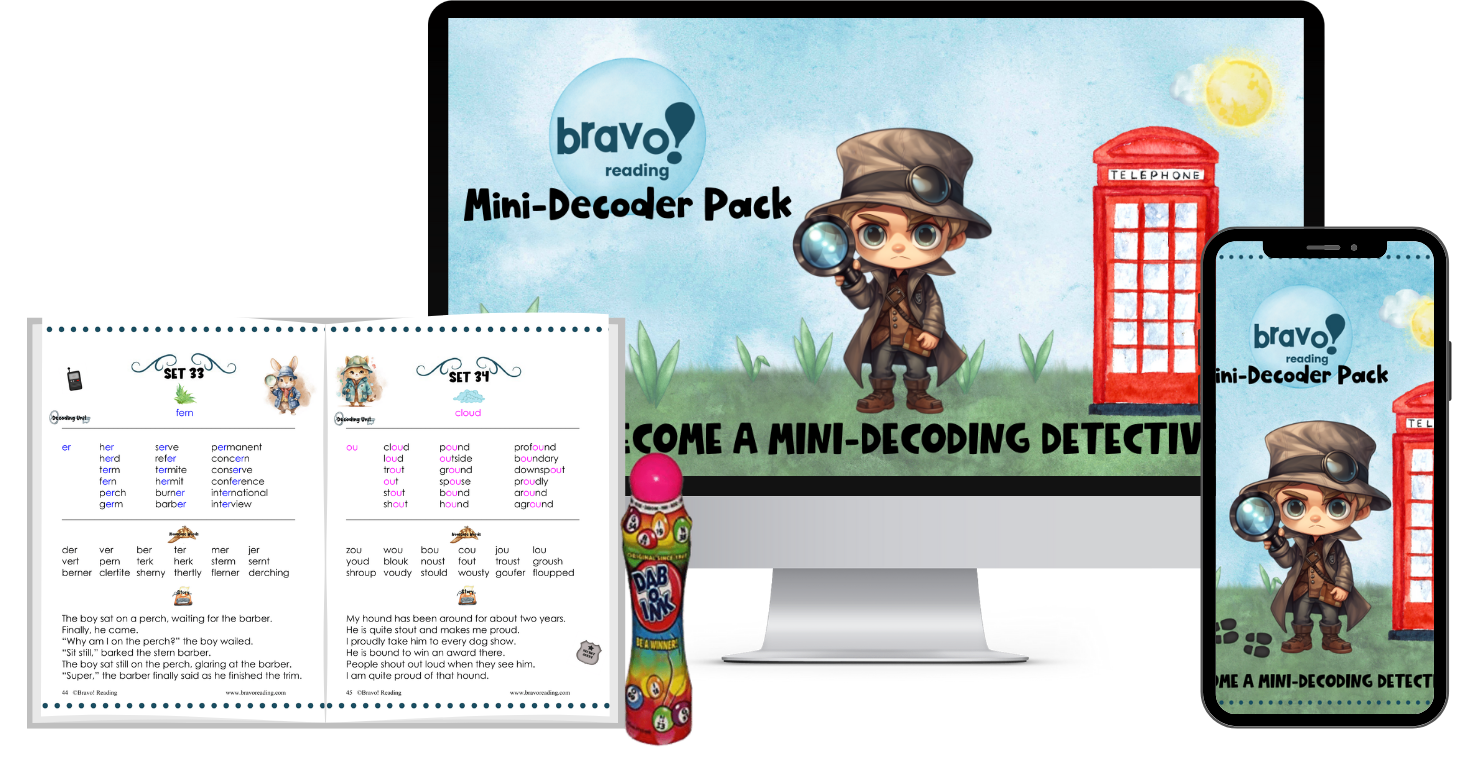
In addition, the Bravo! Reading Mini-Decoder Pack is a shorter snapshot of the larger and broader Bravo! Decoder Pack.
The Bravo! Decoder Pack uses three main ways to help your child learn decoding skills.
Each page has a phonemic unit, a list of nonsense words, and a short, funny story that offers real life reading opportunities rich in phonemic awareness.
Your child uses movement by sliding a marker across pictures, words, and phonemic units while saying sound units out loud. Chunking of sound units is used so learning can set in naturally.
A Little Piece Of Something Bigger
The Bravo! Mini-Decoder Pack is a shorter version of the Bravo! Decoder Pack.
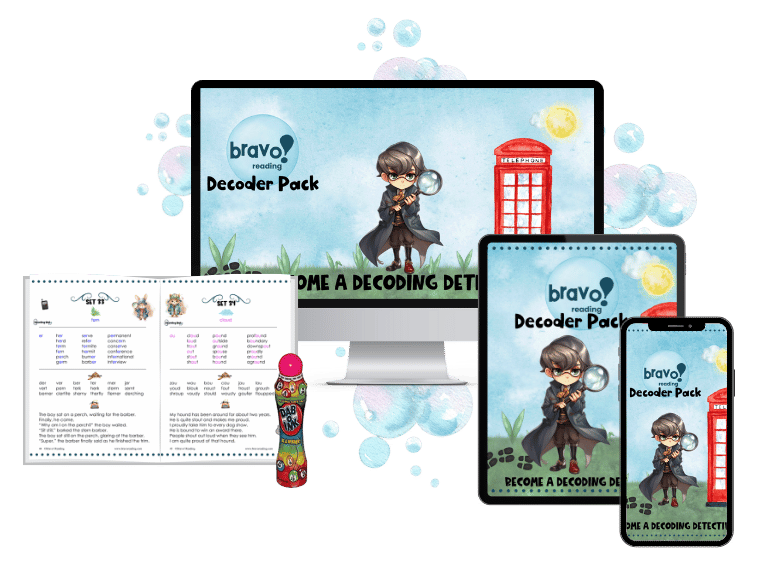
The Bravo! Decoder Pack is a much more thorough program that shows kids with dyslexia how to sound out words. It focuses on two-syllable words and higher, although it builds up to these de coding skills slowly.
In the Bravo! Mini-Decoder Pack, there are fifteen pages of decoding practice you can start using immediately to help your child learn to decode words instead of guess at them. If your child is more than two years behind grade level, it is recommended that you use The Bravo! Bundle, which also includes the Bravo! Decoder Pack.

By using any of these programs, your child’s decoding abilities scores soar. Consequently, this results in stronger reading fluency and comprehension scores, better grades, and higher test scores.
The Mini-Decoder Pack is designed for kids with dyslexia, but it works for anyone. Furthermore, your child needs the ability to sound out three-letter words before using the Bravo! Mini-Decoder Pack. In addition, users need to know all letter sounds, including long and short vowel sounds.
There are three main areas of the Bravo! Mini-Decoder Pack to help your child sound out words. Following is a short description of these three areas:

Decoding Unit:

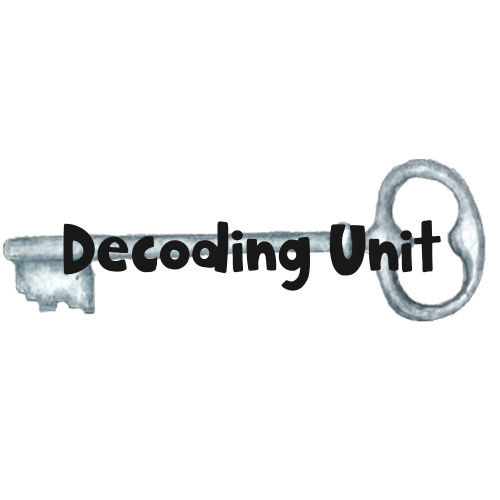
To begin with, each page focuses on a specific phonemic unit of sound or decoding unit. Phonemes (small units of sound) help kids with dyslexia make sense of decoding. Actually, research tells us that kids with dyslexia learn best by learning to decode through these small units of sound.
Examples of phonemic units are “an”, “ip”, “ex”, “op”, and “ub”.

Once your child is familiar with these small sound units, more letters and syllables can be added to them.
This is what makes sense to the dyslexic reader, and it’s exactly how traditional reading programs with flashcards, phonics, and boring repetition have failed to meet your child’s needs.
Once readers using the Mini-Decoder Pack have a firm grip on a given decoding unit, they practice sounding out words with those added letters and syllables. Also, this increases their vocabulary as well as strengthens reading fluency and comprehension – the end goal of reading!
Soon, your child is sounding out multi-syllable words!
Additionally, reading fluency and comprehension scores soar when your child is able to decode using our multi-sensory chunking process along with movement and multi-sensory exercises.

Nonsense Words:

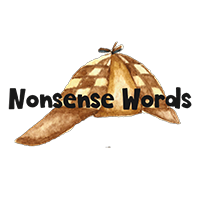
Next, your child uses movement activities along with nonsense words to learn how to sound out words. The words are related to the same phonemic units used in the first section of the Mini-Decoder Pack.

Nonsense words are instrumental in helping your child break bad habits like guessing at words or memorizing words.
Additionally, neither of these methods of reading involve strategies to sound out unfamiliar words. When your child comes to a new or unfamiliar word, there must be at least one strategy in place to decode that word.
Since kids with dyslexia are highly “meaning” driven, they have a difficult time sounding out words. They focus on meaning, get lost in it, and end up guessing at words. Because of this,meaning can’t be used with nonsense words. Your child has to use a strategy to sound out the word. There isn’t a lot of wiggle room here!

Story:

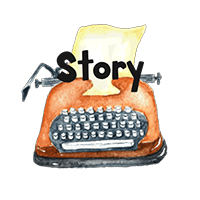
Finally, your child builds up enough skills to read a small, fun story. The print is large, which helps your reader!
Of course, the small story transitions your reader into real world reading, and what a difference that makes!

Kids love gaining independence with real world reading experience rich in phonemic units.
They use chunking, movement, and multi-sensory exercises to gain decoding skills that help them sound out multi-sensory words.
Step-by-step, your reader gains strategies through using gross motor movement, brain-based learning, picture cues, auditory cues, color, and predictability to gain decoding success.

The Bravo! Mini-Decoder Pack (a sampling of the Bravo! Decoder Pack) is Bravo! Reading’s most difficult decoding expansion pack. We strongly recommend that your reader spends time with the Bravo! Reading Program, the Bravo! Booster Pack, and the Bravo! Super Booster Pack before using this program or is at least reading at a second grade level.


Get More With The Bravo! Bundle and Save Money!
When you order The Bravo! Bundle, you’ll get the Bravo! Reading Program, the Bravo! Beginner, and all the Bravo! Reading Expansion Packs.

The Bravo! Expansion Packs you receive when you order The Bravo! Bundle are: the Bravo! Booster Pack, and the Bravo! Super Booster Pack, the Bravo! Decoder Pack.
You’ll save money as well as get more activities to help your child overcome dyslexia reading challenges. These easy to use products are sold as digital files and are easy to use.
The best news of all? Your child will love using the Bravo! Bundle because all of the activities are movement-based!


The Bravo! Mini-Decoder Pack is designed for older children, grades two and above. You will receive the Bravo! Mini-Decoder Pack as a digital file.
We strongly recommend that you print off the Bravo! Mini-Decoder Pack and use a fat marker to use the activities. However, you can use the Mini-Decoder Pack on a tablet or computer as well.

Just fill out the form below, and we’ll send the Bravo! Mini-Decoder Pack to your email box!


